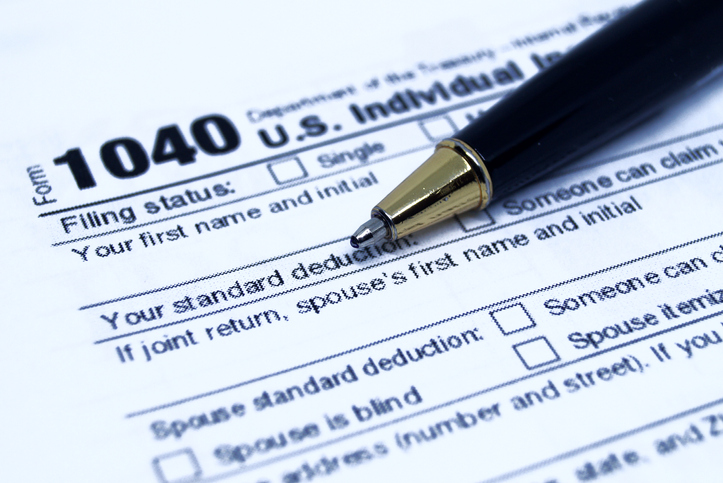By: Mark Kohler
Taxpayers and business owners received a much needed lifeline yesterday from the Treasury and IRS in response to the Coronavirus outbreak. Individual taxpayers will get a three-month (90 day) extension to pay income taxes they owe for 2019, typically due on April 15th, but will now have until July 15th, 2020.
Specifically, the IRS will waive any interest or penalties due on up to $1 million in taxes owed by individuals, and up to $10 million for corporate filers. As expected, this will also be a huge reprieve for pass-thru entities such as S-Corporations and Limited Liability Companies (LLCs). Business owners that owe taxes on their pass-thru income also have an extra 90 days to pay the taxes up to $1M without interest or penalties.
However, this doesn’t mean taxpayers can avoid filing their tax return OR an extension by April 15th. The tax return is still due! It’s simply that taxpayers can wait to make payment on a certain amount of taxes for 90 days. Thus, we strongly recommend individuals still at least file an extension by the deadline using IRS Form 4868, if they don’t plan on fully filing their tax return. The ‘late filing penalty’ will still apply if a taxpayer doesn’t file their return or extension (a penalty completely separate from this special extension to pay).
Don’t Delay Filing – You might be Due a Refund
Treasury Secretary Steven Mnuchin urged taxpayers at a news conference that those “who can file their taxes to continue to file their taxes on April 15 because for many Americans, you will get tax refunds and we don’t want you to lose out on those tax refunds,”
Ironically, taxpayers not claiming refunds is a common problem. In 2019, taxpayers left over $1.4 billion in the hands of the IRS for 2015 because they never filed a tax return. After 3 years of not filing, the government gets to keep those unclaimed refunds.
The point is, you could still be due a refund! Thus, don’t take this ‘extension to pay’ as a chance to wait and not file. In fact, according to the IRS, the agency has processed more than 65 million income tax returns this year as of March 6, and of these, 52.7 million filers received tax refunds averaging $3,012.
Check on Your Particular State for it’s Extension Rules
While the federal government is granting taxpayers more time to pay, it doesn’t mean all the states are filing suit.
For example, California is granting a 60-day extension for tax payments until June 15th without penalties or interest. However, in order to take advantage of this provision, a California citizen must state how they were personally or directly affected by the Coronavirus and include a statement with their tax return.
The American Institute of CPAs is keeping a list of states’ tax developments here, and we urge taxpayers to not assume state agencies are going to allow the same 90 day extension as the Federal Government. Furthermore, remember that taxpayers are ultimately responsible for filing and paying their taxes – not their accountant.
Mark J. Kohler is a CPA, Attorney, co-host of the Radio Show “Refresh Your Wealth” and author of the new book “The and Legal Playbook- Game Changing Solutions For Your Small Business Questions: 2nd Edition”, and “The Business Owner’s Guide to Financial Freedom- What Wall Street isn’t Telling You”. He is also a partner at the law firm Kyler Kohler Ostermiller & Sorensen, LLP and the accounting firmK&E CPAs, LLP.




